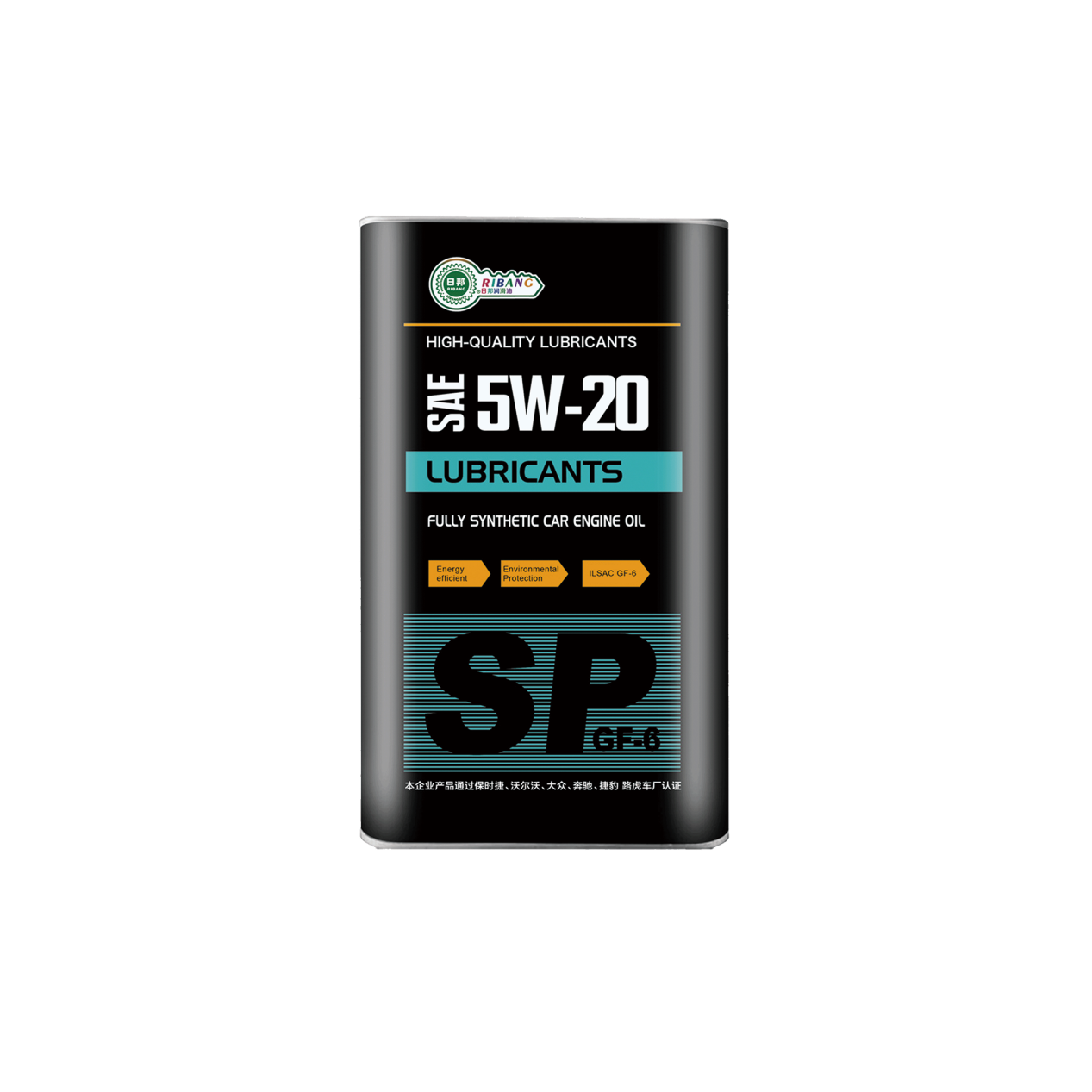Understanding the Difference Between Lubricating Oil and Engine Oil: A Comprehensive Guide
2024-08-28
In the world of automotive maintenance and machinery care, terms like lubricating oil and engine oil are often used interchangeably. However, while they share some similarities, these oils serve different purposes and are essential for the smooth operation of various mechanical systems. Understanding the difference between lubricating oil and engine oil can help ensure that your machinery and vehicles run efficiently and last longer. This blog explores the roles, differences, and importance of these two types of oils.
What is Lubricating Oil?
Lubricating oil is a broad category of oils used to reduce friction, wear, and overheating in various mechanical systems. It is a vital component in the operation of machinery, ensuring that moving parts function smoothly and with minimal resistance. Lubricating oils are used in a wide range of applications, from industrial machines and hydraulic systems to automotive components and household appliances.
Types of Lubricating Oils
1. Mineral Lubricating Oils: Derived from crude oil, these oils are commonly used in many industrial applications. They are available in various grades and viscosities, making them suitable for different types of machinery.
2. Synthetic Lubricating Oils: These are engineered oils designed to provide superior performance under extreme conditions. Synthetic lubricating oils are often used in high-performance applications where temperature stability, oxidation resistance, and longer service life are required.
3. Semi-Synthetic Lubricating Oils: A blend of mineral and synthetic oils, semi-synthetic lubricants offer a balance of performance and cost-effectiveness. They are often used in applications where moderate performance is needed without the higher cost of full synthetic oils.
4. Specialty Lubricating Oils: These include oils formulated for specific purposes, such as food-grade lubricants for food processing equipment or biodegradable oils for environmentally sensitive applications.
What is Engine Oil?
Engine oil is a specific type of lubricating oil designed for use in internal combustion engines. Its primary functions are to lubricate engine components, reduce friction, and prevent overheating. Additionally, engine oil plays a crucial role in cleaning, cooling, and protecting the engine from wear and corrosion.
Types of Engine Oils
1. Conventional Engine Oil: Made from refined crude oil, conventional engine oil is suitable for most everyday vehicles. It provides basic protection and performance at a lower cost.
2. Synthetic Engine Oil: Engineered for high-performance vehicles, synthetic engine oil offers superior protection, especially in extreme temperatures and conditions. It is more stable, reduces engine wear, and extends the oil change interval.
3. High-Mileage Engine Oil: Designed for vehicles with over 75,000 miles on the odometer, high-mileage engine oil contains additives that help reduce oil consumption, prevent leaks, and protect aging engine seals.
4. Diesel Engine Oil: Formulated specifically for diesel engines, this oil has a higher viscosity and contains detergents that help manage soot and combustion byproducts typical of diesel engines.
5. Blended or Semi-Synthetic Engine Oil: A mix of conventional and synthetic oils, blended engine oil offers better performance than conventional oil at a lower cost than full synthetic.
Key Differences Between Lubricating Oil and Engine Oil
1. Purpose and Application:
- Lubricating Oil: Used in a variety of mechanical systems to reduce friction between moving parts. It is not limited to engines and can be found in gearboxes, compressors, hydraulic systems, and other machinery.
- Engine Oil: Specifically formulated for internal combustion engines, it not only lubricates but also cleans, cools, and protects engine components.
2. Additive Packages:
- Lubricating Oil: Contains additives tailored to its specific application. For example, hydraulic oils may have anti-wear additives, while gear oils might include extreme pressure (EP) additives.
- Engine Oil: Contains a complex blend of additives, including detergents, dispersants, anti-wear agents, and corrosion inhibitors. These additives help the engine oil perform its multiple roles, including keeping the engine clean and free from deposits.
3. Temperature and Stability:
- Lubricating Oil: Depending on its application, lubricating oil may not need to withstand the extreme temperatures found in engines. However, in applications like industrial machinery or turbines, thermal stability is crucial.
- Engine Oil: Engine oil must endure high temperatures and varying operating conditions within the engine. It is formulated to remain stable and effective even in the presence of heat and combustion byproducts.
4. Viscosity:
- Lubricating Oil: Available in various viscosities depending on the specific machinery or system it is used in. The viscosity of lubricating oil is selected based on the operating conditions and the type of equipment.
- Engine Oil: Engine oil viscosity is carefully chosen based on the engine’s design and the expected operating environment. Engine oils are often classified by their viscosity grades, such as 5W-30, 10W-40, etc., indicating their flow characteristics at different temperatures.
5. Oil Change Interval:
- Lubricating Oil: The change interval for lubricating oil varies widely depending on its application. Industrial lubricants may be changed infrequently, sometimes annually, while others might need more regular replacement.
- Engine Oil: Engine oil requires regular changes to maintain engine health. The interval depends on the type of oil and the engine’s usage, with synthetic oils typically allowing for longer intervals between changes.
Importance of Using the Right Oil
Using the correct type of oil for your machinery or vehicle is critical for maintaining performance and longevity. Lubricating oil ensures that mechanical systems operate smoothly and efficiently, while engine oil is vital for protecting and enhancing engine performance. Misusing these oils can lead to suboptimal performance, increased wear, and even catastrophic failures in some cases.
For example, using engine oil in a non-engine application might result in inadequate lubrication due to the different additive package and viscosity. Conversely, using general lubricating oil in an engine could fail to provide the necessary protection against wear, deposits, and heat.
Conclusion
While lubricating oil and engine oil are both essential lubricants, they serve distinct purposes and are tailored to their specific applications. Understanding the differences between these oils ensures that you can choose the right product for your needs, whether you’re maintaining industrial machinery or ensuring your vehicle’s engine runs smoothly.
Regular maintenance, including the correct use of these oils, is key to prolonging the life of your equipment and vehicles, optimizing performance, and preventing costly repairs. Whether you're a mechanic, an industrial operator, or a car owner, recognizing the critical role that both lubricating oil and engine oil play will help you make informed decisions and keep your machinery in top condition.



